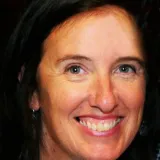
Professor Deena Gibbons
Professor in Early Life Immunology
- Associate Dean for Postgraduate Taught Studies
Research interests
- Immunology
Biography
Dr Deena Gibbons is a Professor in Early Life Immunology and & Associate Dean PGT in the School of Immunology & Microbial Sciences, Faculty of Life Sciences & Medicine at King's College London.
Research
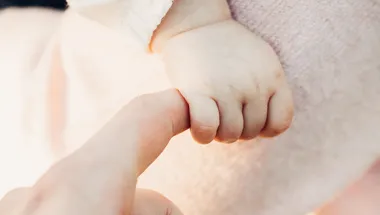
Gibbons Group
Every year, 15 million babies are born prematurely and 1 million die as a consequence. My lab focuses on understanding immune cell development and function in human neonates, including both those born at term and prematurely. We have identified novel T cell effector functions in neonates and factors that affect immune cell development post birth. We have ongoing research in both areas. These studies will promote our understanding of the developing immune system in human infants to identify those more at risk from inflammation and infection and subsequently reduce infant mortality - a current NHS target and huge health burden.
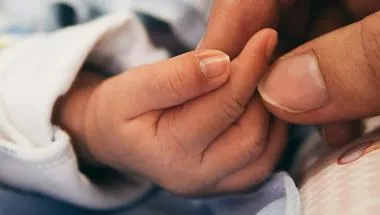
INSIGHT-2
Mechanistic Studies into Pregnancy Complications and their Impact on Maternal and Child Health
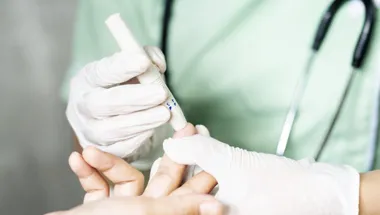
PISA: Prenatal drivers of infant ISlet Autoimmunity
The PISA study will test the idea that different exposures in pregnancy may influence fetal development to increase the risk of childhood autoimmunity.
Project status: Ongoing
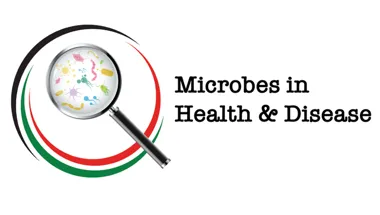
Microbes in Health & Disease
The Microbes in Health & Diseases Research Interest Group aims to foster collaboration across departments and faculties at KCL to explore the multifaceted role microbes play in health and disease.
News
Exposure to SARS-CoV-2 during pregnancy impacts the developing immune system of the fetus
New research from King’s suggests COVID-19 infection in the mother alters the immune system of the baby in utero.
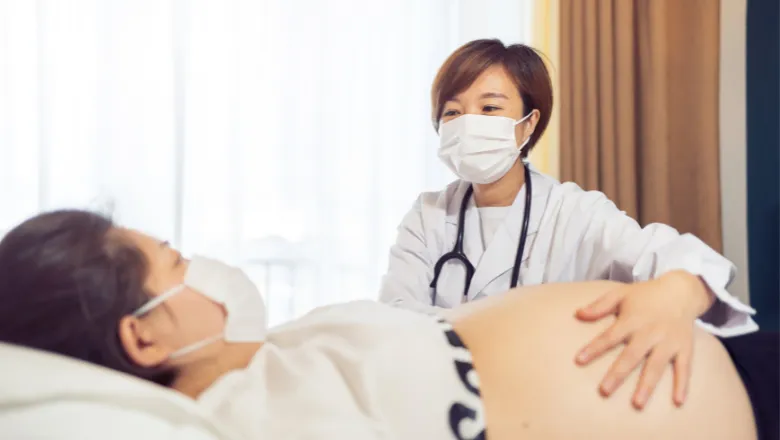
Babies born prematurely can catch up their immune systems, study finds
Researchers from King’s & Homerton University Hospital have found babies born before 32 weeks’ gestation can rapidly acquire some adult immune functions after...
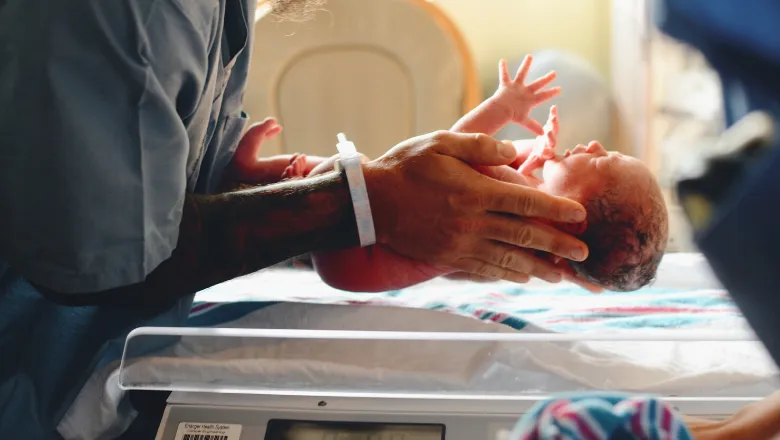
Events

Offer Holder Event in Beijing - Saturday 21 March
We are delighted to invite you to an exclusive in-person King's Offer Holder Event in Beijing.

Offer Holder Event in Shanghai - Sunday 22 March
We are delighted to invite you to an exclusive in-person King's Offer Holder Event in Shanghai.

Offer Holder Event in Hangzhou - Tuesday 24 March
We are delighted to invite you to an exclusive in-person King's Offer Holder Event in Hangzhou.
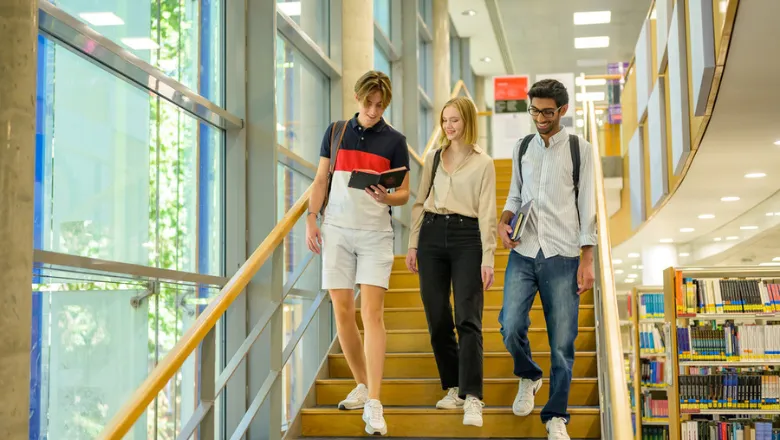
King's Open Evening in Guangzhou - 7 November 2025
Hear from King's reps, academics, and alumni to find out about studying at King's College London.
Please note: this event has passed.

King's Open Evening in Shanghai - 5 November 2025
Hear from King's reps, academics, and alumni to find out about studying at King's College London.
Please note: this event has passed.

King's Open Day in Beijing - 2 November 2025
Hear from King's reps, academics, and alumni to find out about studying at King's College London.
Please note: this event has passed.
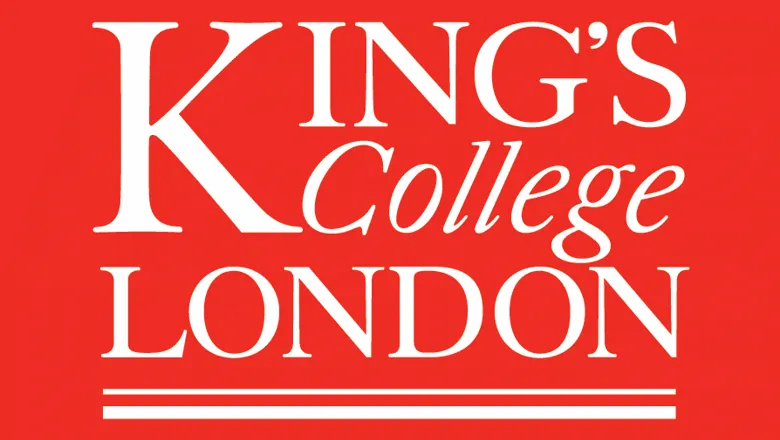
Offer Holder Event: Guangzhou
Join us at our exclusive offer holder event in Guangzhou
Please note: this event has passed.

Offer holder Event: Shanghai
Join us at our exclusive offer holder event in Shanghai
Please note: this event has passed.

Offer holder Event: Beijing
Join us at our exclusive offer holder event in Beijing
Please note: this event has passed.
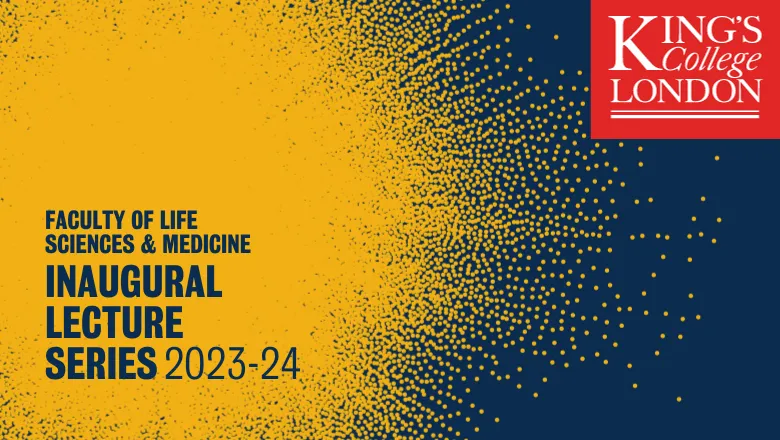
Inaugural Lecture: Professor Christos Bergeles
Inspiring talks from our new professor on re-engineering human sight
Please note: this event has passed.
Research

Gibbons Group
Every year, 15 million babies are born prematurely and 1 million die as a consequence. My lab focuses on understanding immune cell development and function in human neonates, including both those born at term and prematurely. We have identified novel T cell effector functions in neonates and factors that affect immune cell development post birth. We have ongoing research in both areas. These studies will promote our understanding of the developing immune system in human infants to identify those more at risk from inflammation and infection and subsequently reduce infant mortality - a current NHS target and huge health burden.

INSIGHT-2
Mechanistic Studies into Pregnancy Complications and their Impact on Maternal and Child Health

PISA: Prenatal drivers of infant ISlet Autoimmunity
The PISA study will test the idea that different exposures in pregnancy may influence fetal development to increase the risk of childhood autoimmunity.
Project status: Ongoing

Microbes in Health & Disease
The Microbes in Health & Diseases Research Interest Group aims to foster collaboration across departments and faculties at KCL to explore the multifaceted role microbes play in health and disease.
News
Exposure to SARS-CoV-2 during pregnancy impacts the developing immune system of the fetus
New research from King’s suggests COVID-19 infection in the mother alters the immune system of the baby in utero.

Babies born prematurely can catch up their immune systems, study finds
Researchers from King’s & Homerton University Hospital have found babies born before 32 weeks’ gestation can rapidly acquire some adult immune functions after...

Events

Offer Holder Event in Beijing - Saturday 21 March
We are delighted to invite you to an exclusive in-person King's Offer Holder Event in Beijing.

Offer Holder Event in Shanghai - Sunday 22 March
We are delighted to invite you to an exclusive in-person King's Offer Holder Event in Shanghai.

Offer Holder Event in Hangzhou - Tuesday 24 March
We are delighted to invite you to an exclusive in-person King's Offer Holder Event in Hangzhou.

King's Open Evening in Guangzhou - 7 November 2025
Hear from King's reps, academics, and alumni to find out about studying at King's College London.
Please note: this event has passed.

King's Open Evening in Shanghai - 5 November 2025
Hear from King's reps, academics, and alumni to find out about studying at King's College London.
Please note: this event has passed.

King's Open Day in Beijing - 2 November 2025
Hear from King's reps, academics, and alumni to find out about studying at King's College London.
Please note: this event has passed.

Offer Holder Event: Guangzhou
Join us at our exclusive offer holder event in Guangzhou
Please note: this event has passed.

Offer holder Event: Shanghai
Join us at our exclusive offer holder event in Shanghai
Please note: this event has passed.

Offer holder Event: Beijing
Join us at our exclusive offer holder event in Beijing
Please note: this event has passed.

Inaugural Lecture: Professor Christos Bergeles
Inspiring talks from our new professor on re-engineering human sight
Please note: this event has passed.
